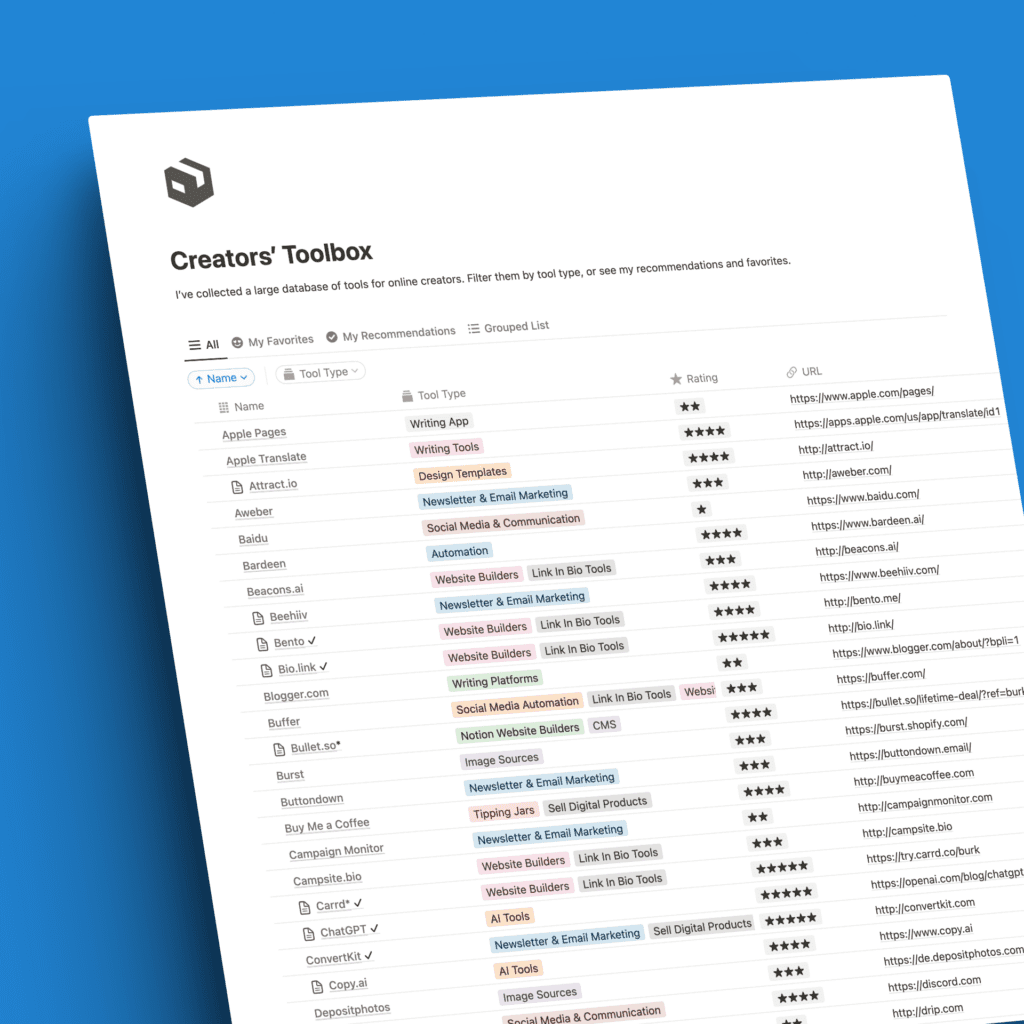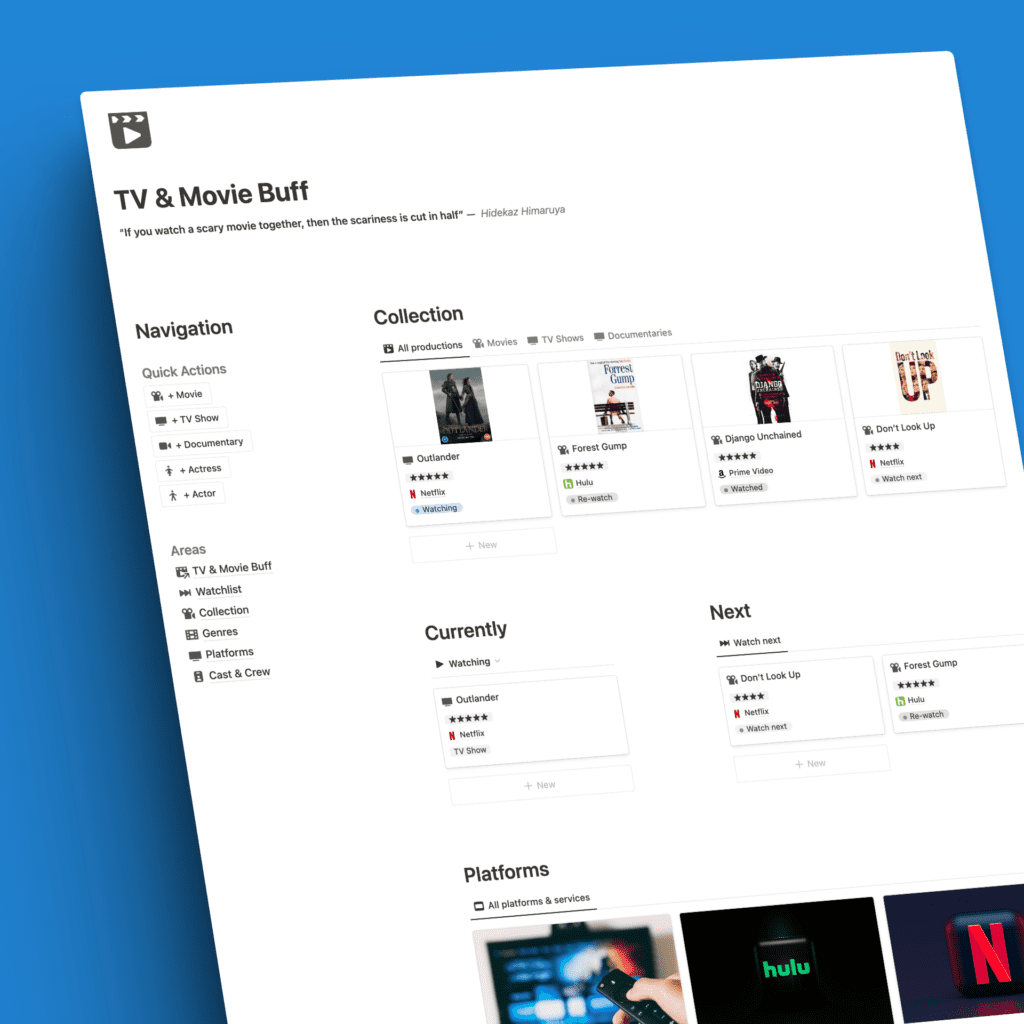Fundamental to nutrition science is classifying nutrients as either essential or non-essential. This binary view suggests some nutrients are expendable while others are indispensable. But does this simplistic dualism reveal or obscure the true complexity of nutrients’ impacts on health? This article scrutinizes the science behind nutrient essentiality, arguing the line between essential and non-essential is far blurrier than it appears.
Examining the Meaning of Essential Nutrients
To evaluate essential nutrients, we must first define the term. The medical reference Free Dictionary states essential nutrients are:
“Nutritional substances that are required for optimal health…these must be in the diet because they are not formed metabolically within the body.”
This frames essentiality around whether our bodies can synthesize a nutrient from scratch. If we must obtain a nutrient from food because we cannot make it ourselves, it earns the label “essential.”
At first glance, this neatly categorizes nutrients we vitally need from those that are discretionary or just beneficial. But the true picture proves far more complex.
Failings of the Essential vs. Non-Essential Dichotomy
This binary view of nutrient essentiality breaks down upon closer inspection. Two major flaws undermine its credibility:
1. Context Dependence of Essentiality
Whether we require a nutrient from diet depends significantly on context – the overall diet, genetics, age, lifestyle and environment.
For instance, choline was reclassified to an essential nutrient in 1998. Our liver synthesizes some choline, but evidence confirms this falls short of needs, making dietary intake essential.
Yet around 10% of people carry variants allowing them to produce enough choline endogenously. For those lucky few able to fully synthesize choline, it remains non-essential even as it would cause deficiency in 90% of others.
Beyond choline, nutrient needs also depend heavily on:
- Diet: Nutrients made endogenously on high carb diets may become essential if one follows an extremely low carb or ketogenic diet.
- Genetics: Gene variants shape nutrient synthesis capacities and needs.
- Environment: More vitamin D must come from food in climates with less sun exposure.
- Lifestyle: Athletes require higher protein intake compared to sedentary individuals.
So while population-wide guidelines classify nutrients as essential or not, individual essentiality varies significantly. Context impacts true needs.
2. Non-Essential Does Not Mean Non-Beneficial
The greater flaw lies in equating “non-essential” with expendable or superfluous. This suggests that if our body can make a nutrient, we have no need to obtain additional amounts from food.
Yet extensive evidence demonstrates disease and even death resulting from deficiencies in supposedly non-essential nutrients. Over a dozen non-essential nutrients have established RDA/AI guidelines showing intake below these levels risks impairment.
Conversely, numerous non-essential nutrients offer major health benefits strongly supported by research. Non-essentiality by no means precludes profound benefits for optimizing health and longevity at intake levels greater than those preventing outright deficiency.
Reevaluating Key “Non-Essential” Nutrients
These abstract criticisms manifest clearly when reevaluating nutrients traditionally viewed as non-essential. Upon closer inspection, both the exlcusion from essential status and the notion of non-beneficial status appears dubitable for choline, vitamin D and vitamin K.
Choline
As noted, choline’s 1998 reclassification highlights the dependence of essentiality on individual context. Population-wide evidence shifted choline into the essential category, yet genetics makes it non-essential for around 10% of people.
Beyond preventing deficiency, ample choline intake promotes cognitive health, liver function and metabolism. The NIH cites studies suggesting choline aids memory, learning and brain development plus lowers possible dementia risk. Choline’s wide-ranging benefits led to an AI of 550 mg daily for men and 425 mg for (non-pregnant) women.
So choline exemplifies an essential or non-essential nutrient bringing significant advantages beyond deficiency prevention at intakes above those preventing outright impairment.
Vitamin D
Unlike choline which our bodies partially synthesize, vitamin D ranks as non-essential solely because we can manufacture it endogenously via sunlight exposure. Yet research confirms widespread deficiency at latitudes far from the equator, Even near the equator, cultural shifts toward indoor lifestyles make obtaining ample vitamin D from sun exposure improbable for many modern populations without dietary supplementation.
Moreover, beyond causing osteomalacia at deficient levels, higher vitamin D levels reduce risks of cancer, autoimmunity, infection, cardiometabolic disorders and premature mortality.
So despite vitamin D’s technical non-essentiality, many or most people likely require supplementation equivalent to an essential nutrient. And intake well above deficiency thresholds profoundly promotes lifelong health.
Vitamin K
Vitamin K is perhaps the ultimate example of the limitations of essentiality classifications. This vitamin’s name even derives from the German word “koagulation” given its essentiality for blood clotting confirmed in 1929. Yet it continues to be labelled non-essential in most nutrition texts for nearly a century since.
The fact our gut microbiome synthesizes some vitamin K forms the basis for vitamin K’s persisting non-essential label. But extensive research over recent decades reveals vitamin K plays critical roles activating proteins related to vascular and bone health beyond just coagulation.
Deficiency still rarely manifests clinically thanks to gut microbial production avoiding outright bleeding disorders. Yet subclinical insufficiency linked to arterial calcification, osteoporosis and even dementia risk appears widespread even in industrialized nations.
These silent vitamin K deficits result from a combination of antibiotic use damaging GI bacteria production plus inadequate intake failing to meet full bodily demands. Higher dietary intakes equivalent to an essential nutrient offer protection.
Once again, vitamin K epitomizes the limitations of classifying nutrients as essential or not. Its synthesis by gut flora blinds mainstream science to growing data on health benefits from optimizing intake well beyond that needed to prevent clinical bleeding issues.
Evaluating Macronutrient Essentiality
These reexaminations of individual micronutrients overlook a larger issue – the blurry essentiality for entire macronutrient categories. Alongside protein and lipids, carbohydrates face ongoing scrutiny and debate over their essential status.
Protein and Fat: Clearly Essential Macronutrients
Among macronutrients, only protein and fat offer substances clearly absent if we avoid these entirely.
- Protein provides essential amino acids forming vital proteins and enzymes but not synthesized by our cells. Certain higher biological value proteins contain all essential amino acids, found exclusively in animal foods.
- Fats provide essential fatty acids our cells cannot produce, critically needed to synthesize hormones regulating immunity, metabolism and reproduction.
Without any intake of protein or fat long term, deficiency symptoms progressing to organ failure and death emerge. So their macronutrient essentiality appears firmly established.
Carbohydrates: Contextually Essential?
In contrast to proteins and fats, no essential compounds come exclusively from carbohydrates. The institution of carbohydrates as officially non-essential rests upon this apparent absence of any carbohydrate-unique essential biomolecule in the body.
Yet increasingly evidence suggests that under certain contexts, carbohydrates overlap with essential nutrients. Some key insights driving reevaluation of carbohydrate essentiality include:
- Brain Dependence on Glucose: The brain preferentially relies on glucose over alternatives like ketones. Very low carb intake may impair cognition.
- Inability to Convert Fatty Acids: Some lean or insulin resistant people demonstrate an inability to adequately convert fat into ketones for brain fuel, again requiring minimum carb intake.
- Micronutrient Deficiencies: People may struggle to meet micronutrient needs on very low or zero-carb diets without supplementation.
So while carbohydrates contain no truly essential biomolecules, their contextually essential roles importantly warrant reevaluation.
Takeaways – Rethinking Nutrient Essentiality Classification
In total, deep examination of what essential nutrients truly mean – and don’t mean – demonstrates major limitations of binary classification systems. Key conclusions include:
- Essentiality Varies: Individual essentiality proves conditional based on diet, genetics and lifestyle mandating personalized insight.
- Non-Essential Isn’t Non-Beneficial: Myriad non-essential nutrients offer proven benefits still absent boosting intake.
- Benefits Without Biomarkers: Subclinical insufficiency likely lurks for nutrients with benefits falling short of clinical deficiency.
- Context Matters for Macronutrients: For carbs, essentiality appears contextually determined, not inherently absent.
Appreciating these complexities and nuances empowers penetrating reevaluation of nutrients’ impacts on holistic health beyond outdated narrow classifications. Both clinical care and public health policy should incorporate these insights when evaluating the role various nutrients play in avoiding disease and promoting wellbeing.
Much work remains to elucidate the relationships between dozens of biomolecules we obtain from foods and optimal physiological function. But that cannot excuse oversimplified classifications creating false dichotomies. It is time nutrition science acknowledges gradients between essential and non-essential while expanding investigations into novel benefits of nutrients long wrongly dismissed as unimportant based on flawed interpretations of essentiality.








